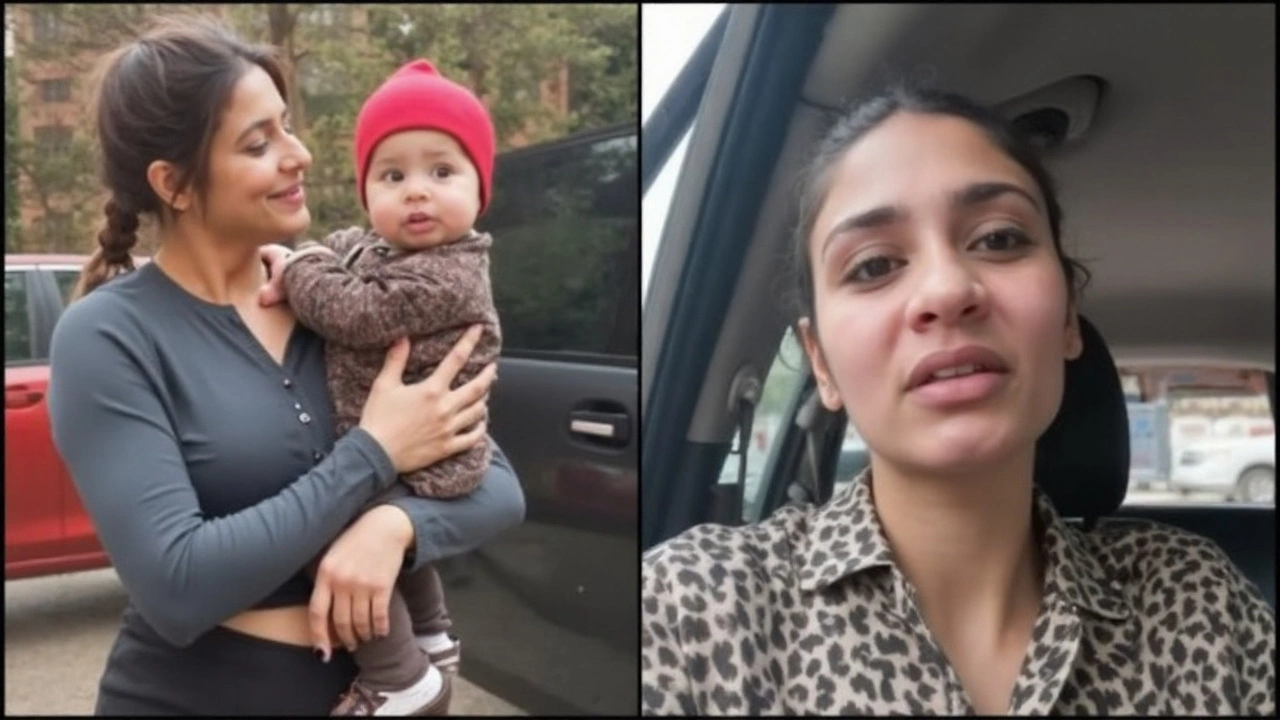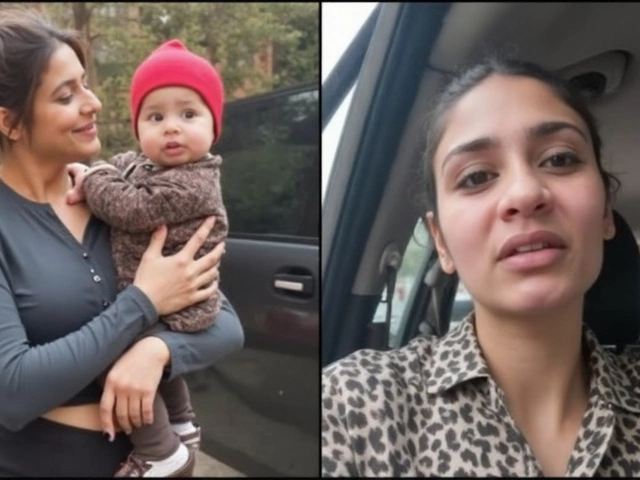Armaan Malik’s Son Zaid Diagnosed With Rickets; Kritika, Payal Urge Trolls To Stop Cursing Children

A painful diagnosis and a plea to stop the hate
A two-year-old shouldn’t have to deal with this. In a recent family vlog, Armaan Malik and his family revealed that his son Zaid has been diagnosed with rickets, a bone disorder linked to deficiencies in Vitamin D, calcium, and phosphorus. The update came with raw emotion: tears, fear, and a blunt appeal to people on the internet—stop cursing their children.
Kritika Malik said Zaid’s tests at 19 months were normal. But the latest reports confirmed rickets, and the change hit her hard. She broke down as she spoke about the relentless negativity online and how those words keep replaying in her head. “So many people write ugly things,” she said in Hindi, adding that the mental burden of those comments was crushing.
Payal Malik, Armaan’s first wife, stood by Kritika in the vlog. She was in tears too. Her message was direct: keep the kids out of this. “Please don’t curse innocent children,” she said, addressing trolls who have targeted the family for years. The couple’s unconventional household—Armaan, his two wives Payal and Kritika, and their four kids—has made them a lightning rod for judgment. In the past few days, that judgment crossed a line, with some accusing the family of facing ‘karma’ as their son fell ill.
The family says the online pile-on has turned a medical crisis into an emotional one. They’re shuttling to hospitals, trying to manage treatment, and watching their toddler wince during examinations—while scrolling through comments that call their child names or claim the illness is a payback. “We can handle criticism,” Payal said, “but not on the kids.”
According to the vlog, Zaid is now on treatment and under close medical supervision. The parents didn’t disclose the exact regimen but said they will follow the doctors’ plan and repeat tests as advised. They asked viewers to stop sending hate and instead pray for Zaid’s recovery. The family also thanked those who’ve sent supportive messages and promised to share updates when they feel ready.
What rickets is—and what it is not
Rickets softens and weakens growing bones. It can make a child’s legs bow, cause bone pain, and delay motor milestones. Doctors typically diagnose it with blood tests—checking Vitamin D, calcium, phosphorus, and alkaline phosphatase—and sometimes X-rays that show classic changes near the growth plates. The condition is treatable, especially when caught early.
The most common reason? Low Vitamin D and inadequate calcium intake. Vitamin D helps the body absorb calcium and phosphorus, which are key for bone strength. Kids can fall short for different reasons: limited sunlight exposure, diets lacking in fortified foods or dairy, darker skin (which makes Vitamin D synthesis slower), or medical issues that affect nutrient absorption. Pediatricians often prescribe Vitamin D and calcium supplements and monitor progress over weeks and months. They may also review diet, outdoor time, and any underlying conditions.
What rickets is not: it’s not caused by “curses” or online comments. Harsh words can hurt a family’s mental health, no doubt. But the disease itself is a medical issue. Doctors focus on correcting nutrient levels, relieving pain, and tracking bone healing. Many children improve well with a structured plan, regular follow-ups, and family support.
This story also exposes a wider problem: the way social media treats public families, especially those who don’t fit a template. Armaan’s household—public, polarizing, and always online—has lived under a microscope. Criticism of content is common territory for creators. Targeting a toddler is not. The Malik family’s request is simple: argue with adults if you must, but leave the children alone.
Healthcare workers who see rickets in clinics say early detection and steady treatment matter more than anything else. They also remind parents not to panic: bone changes can reverse as deficiencies are corrected. Typical follow-up includes checking blood markers again, adjusting supplement doses, and making sure the child’s diet and routine line up with the recovery plan. Families are told to watch for signs like leg pain, delayed walking, or swollen wrists and ankles, and report changes promptly.
As for the internet noise, families often scale back posts during a medical crisis or filter comments to protect their kids. Some creators delegate social media handling to team members so they can focus on home and hospital visits. The Maliks hinted they might take similar steps to shield their children from the worst of it.
For now, the priority inside the Malik household is Zaid—pain control, nutrition, and rest—while the rest of India debates the family’s choices yet again. The parents say they’re ready to hear criticism about themselves. They’re asking for a basic line of decency: stop dragging their children into it. Whether viewers agree with their lifestyle or not, a sick child doesn’t need to scroll through hate.
The family plans to keep fans informed when they can. Until then, they’ve asked people to hold back the cruelty, keep the focus on recovery, and remember that behind the reels and vlogs there’s a two-year-old learning to walk without pain.
